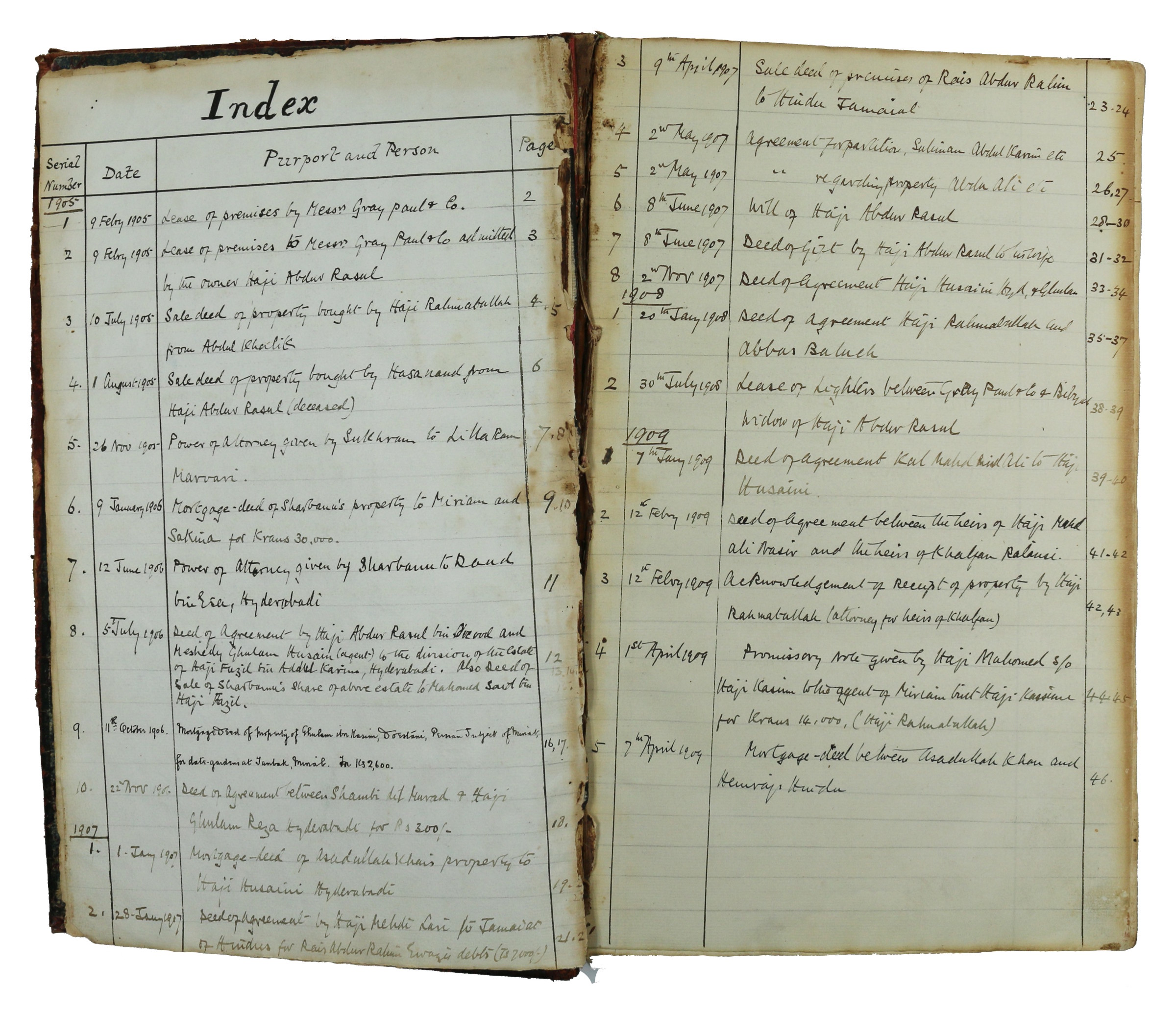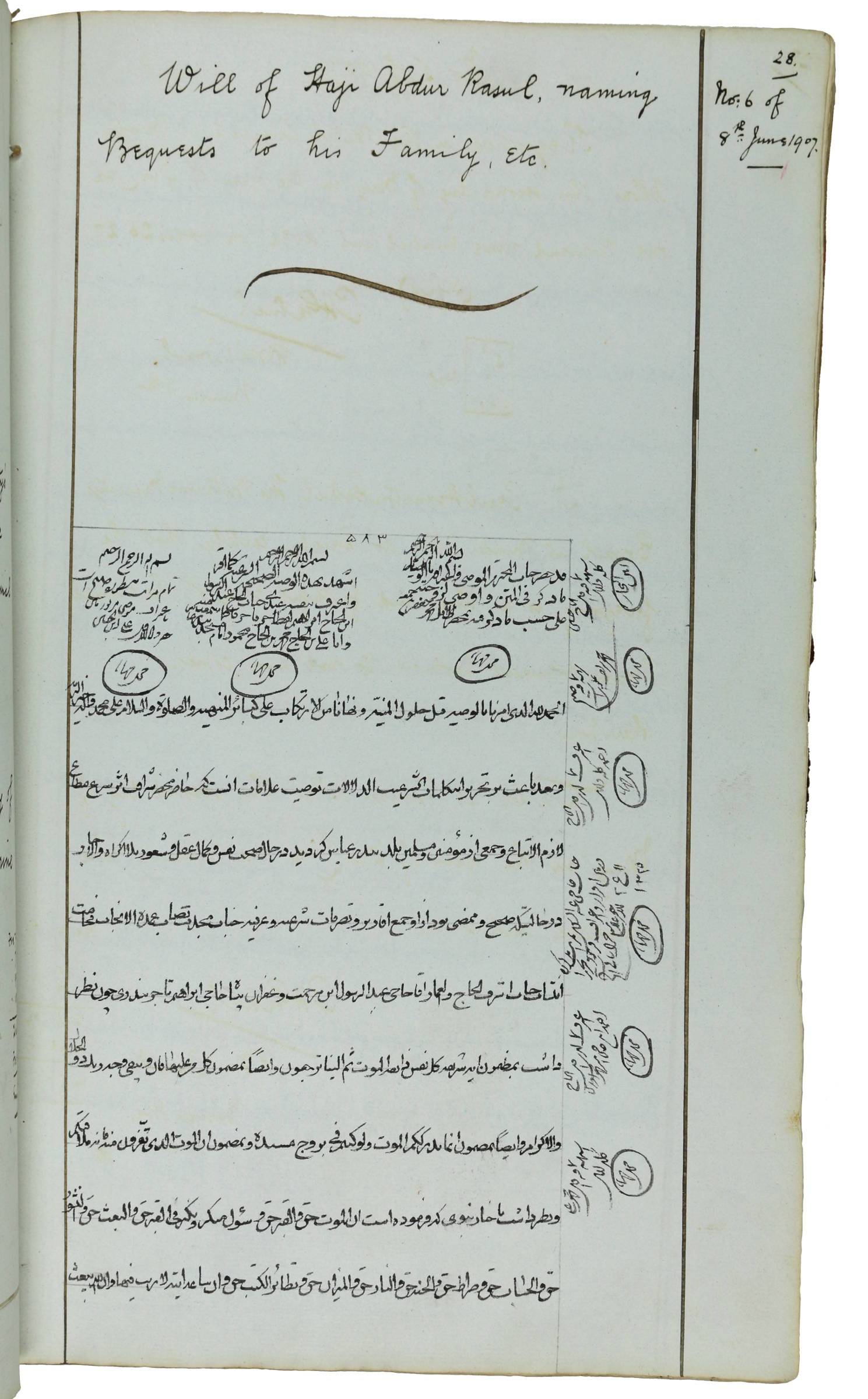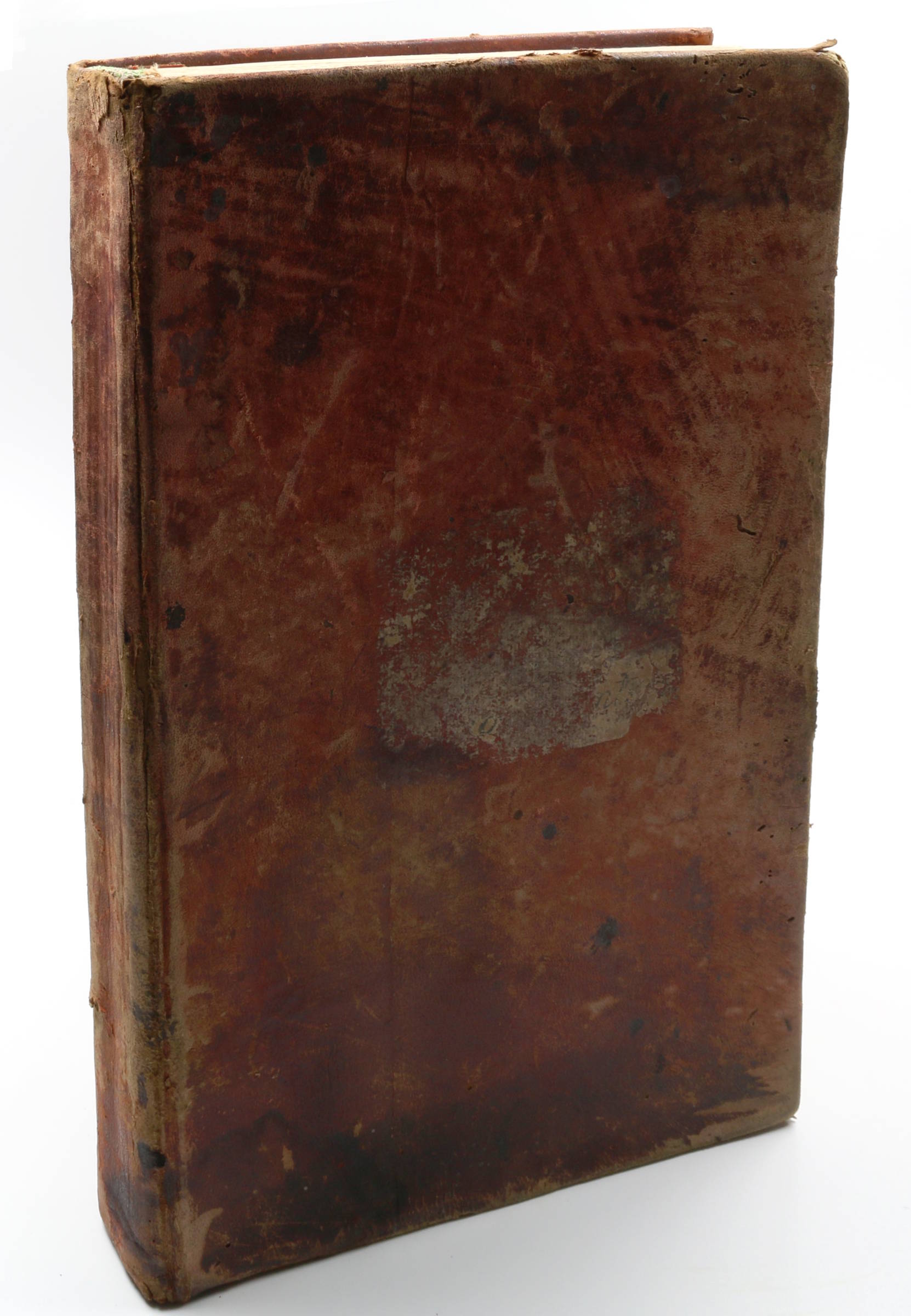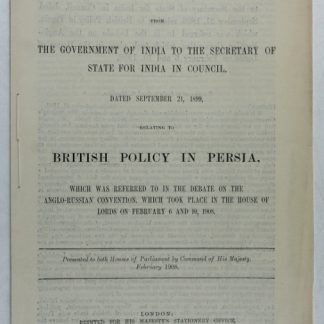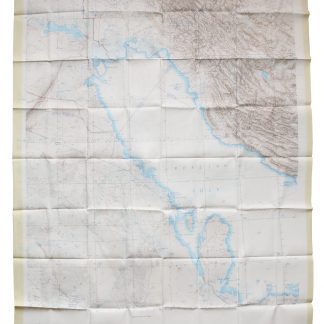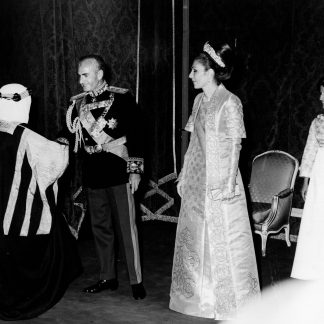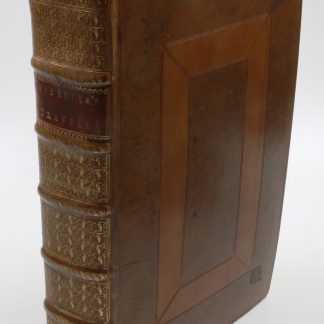[SOLD]
This item has sold. We are always interested in acquiring another copy or any item of comparable quality.
Britain’s commercial, political and military influence in the Gulf in the early 20th century
Manuscript daybook.
Folio ledger book (390 × 240 mm). (4), 276 pp., with numerous blank leaves at rear; pp. 164-165 typescript; letterpress memorandum pasted to pp. 273-275. Most agreements ratified with consular ink-stamps or pasted Consular Service postage stamps. Contemporary sheep dyed red, marbled pastedowns, inner hinges reinforced with cloth. Binding rubbed, inner hinge split between pp. 2-3. Very occasional ink-smudging, nevertheless in excellent condition.
Manuscript legal record book of the just-founded British consulate at Bandar Abbas: intended for the consulate's internal use only, this handwritten ledger constitutes a historical document of Britain's growing commercial, political and military influence in the Gulf throughout a crucial quarter of a century.
The daybook covers the formative period of the consulate at the key port of Bandar Abbas, from early in the tenure of the influential but ill-fated Captain William Shakespear (1904-09) to the flourishing of the Anglo-Persian Oil Company in the late 1920s. It shows how APOC and other British companies successfully cultivated networks of local agents (indeed, the final 50 pages are entirely taken up by contracts concerning oil and its by-products). Together, the records form a highly detailed primary source for the commercial and social life in Bandar Abbas, an increasingly cosmopolitan Gulf hub that has been called "the major entrepôt for the whole of southern Persia" (B. C. Busch, Britain and the Persian Gulf, 1894-1914 [1967], p. 44). They demonstrate the functioning of an important British outpost during an era marked by such convulsions as the Iranian Constitutional Revolution of 1905-11, the First World War, and the Persian coup d'etat of 1921, and for the rapid growth of APOC and the ongoing strategic contest between the British and Russian empires.
Mainly written in Persian or English (with a number in Arabic and a few in Sindhi) the records include fair copies of bills of sale, promissory notes, property leases, inheritance agreements, and other contracts. Parties include local merchants, of Persian as well as Arab and Indian origin, and various British companies which played an important role in the expansion of imperial influence in the region. The documents are neatly presented throughout; those in Persian are composed in an especially attractive flowing nasta'liq script. All are briefly described in English, then ratified, signed and stamped by the acting consul. The whole is very well preserved indeed, and forms a highly attractive historical record.

